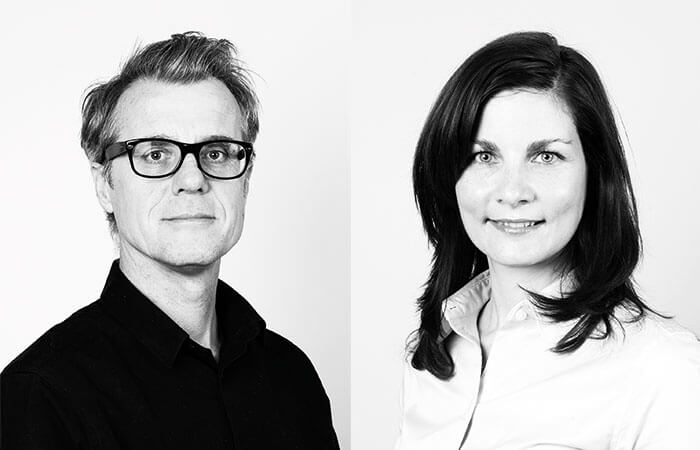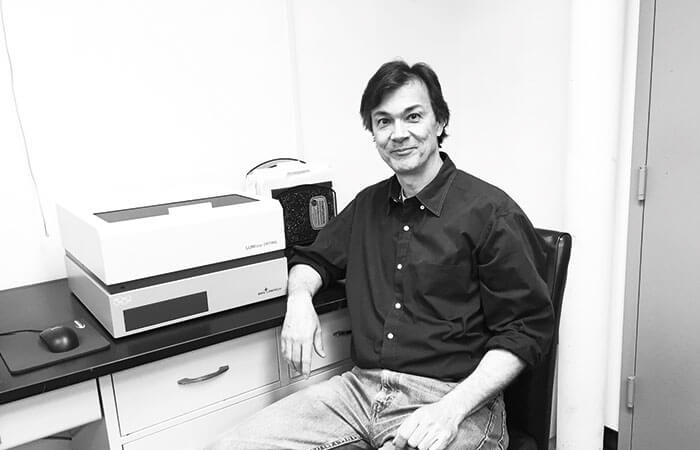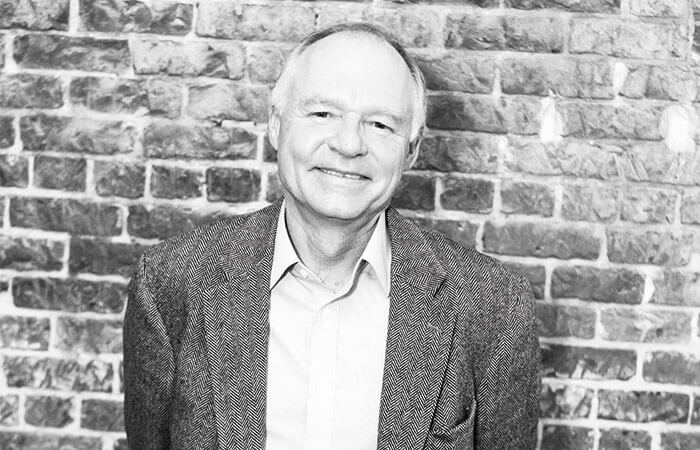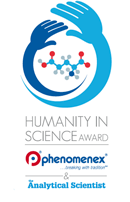The Humanity in Science Award – a collaboration between Phenomenex and The Analytical Scientist – recognizes breakthroughs in analytical science that have the potential to improve human lives. In 2015, Peter H. Seeberger and Andreas Seidel-Morgenstern won top prize (read about their project here: tas.txp.to/0216/HISA2015), but they were in excellent company; the judges commended three other teams for their exceptional contribution to the field. Twelve months on (and just ahead of the announcement of the 2016 winners next month), we find out what those teams have been doing since – and ask why ‘humanity’ is such a fundamental part of what they do.

Serge Rudaz & Julie Schappler, (School of Pharmaceutical Sciences, University of Geneva), “Low-cost analytical device based on capillary electrophoresis (CE) for counterfeit drug detection and sub-standard drug quality control.” Read the full nomination here: tas.txp.to/0216/Rudaz

Don Farthing, H. Thomas Karnes, Lynne Gehr, Christine Farthing, Todd Gehr, Terri Larus, & Lei Xi (Virginia Commonwealth University), “Translational research on the use of a rapid analytical methodology for detecting acute cardiac ischemia, at early onset of a heart attack.” Read the full nomination here: tas.txp.to/0216/Farthing

Michael H. Gelb & Frantisek Tureček, (Department of Chemistry, University of Washington, Seattle), “Analytical chemistry in newborn screening.” Read the full nomination here: tas.txp.to/0216/Turecek
The 2016 Humanity in Science Award Winner will be announced in the March issue of The Analytical Scientist, and the award will be presented at a celebration gala dinner at the Hotel Bayerischer Hof in Munich on May 10, during Analytica 2016.





